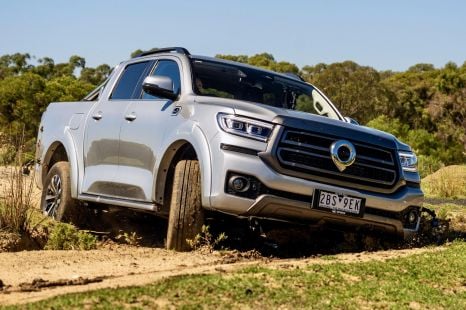

Max Davies
2026 GWM Cannon Ultra review
5 Days Ago

Senior Contributor
HyundaiAustralia will sell its hyped Ioniq 5 electric car direct to consumers, bypassing the step of wholesaling them into its franchise dealer network and taking the temptation for markups off the table.
However, this does not mean it has firm plans to move away from its current franchise-dealer model more generally – at least for now – and says you’ll continue to buy the Kona Electric and normal Ioniq EV through a dealer alongside all its other cars.
Hyundai says it’s taken the decision to sell the retro-styled but all-new Ioniq 5 online and direct – meaning no dealer stock and no haggling – because of intense interest and highly restricted supply.
It’s a similar tactic to what Subaru used with the first BRZ, and what Toyota likewise did with its Supra lottery system. Both these vehicles were also supply restricted.
By selling the Ioniq 5 in a different way, Hyundai doesn’t have to share around a small number of cars to a network of dealers who all quite understandably want more of them.
Hyundai said today it would consider reverting to wholesaling the Ioniq 5 to dealers if or when it gets better supply, which should occur once the launch fervour in Europe and Asia simmers down.
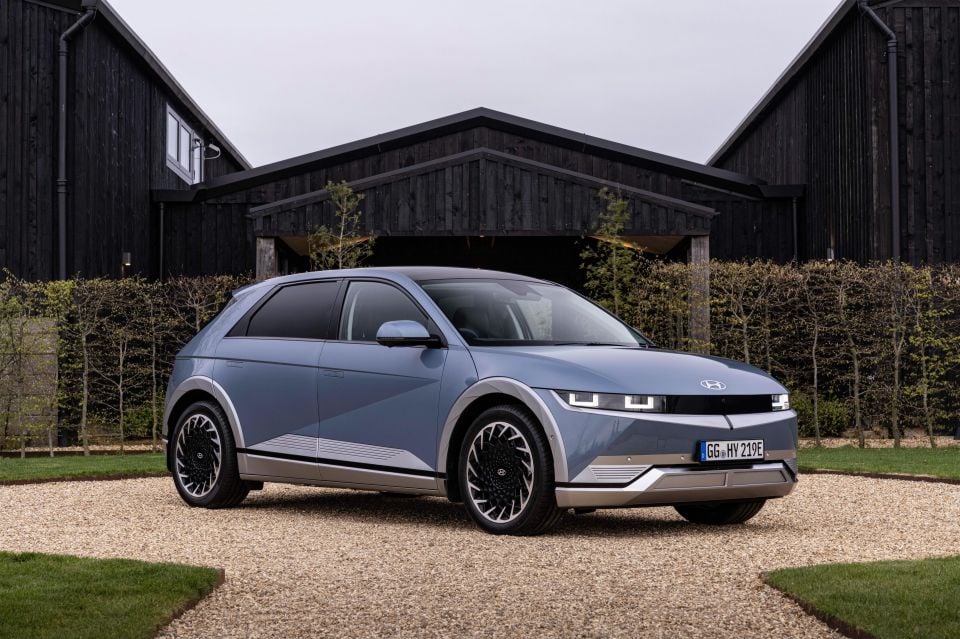
Hyundai’s first allocation of Ioniq 5s to arrive between now and early 2022 comprises a maximum of just 400 vehicles, which pales in the face of market demand. More will come, but the ‘when’ and ‘how many’ parts are opaque.
Under Hyundai’s plan, the 120 people who’ve already placed Ioniq 5 deposits with their dealer will be given first crack to re-place their bid through HMCA. Then the 11,000 people who’ve expressed interest online can opt to buy.
If stock remains after this from the first tranche, the general public gets its go.
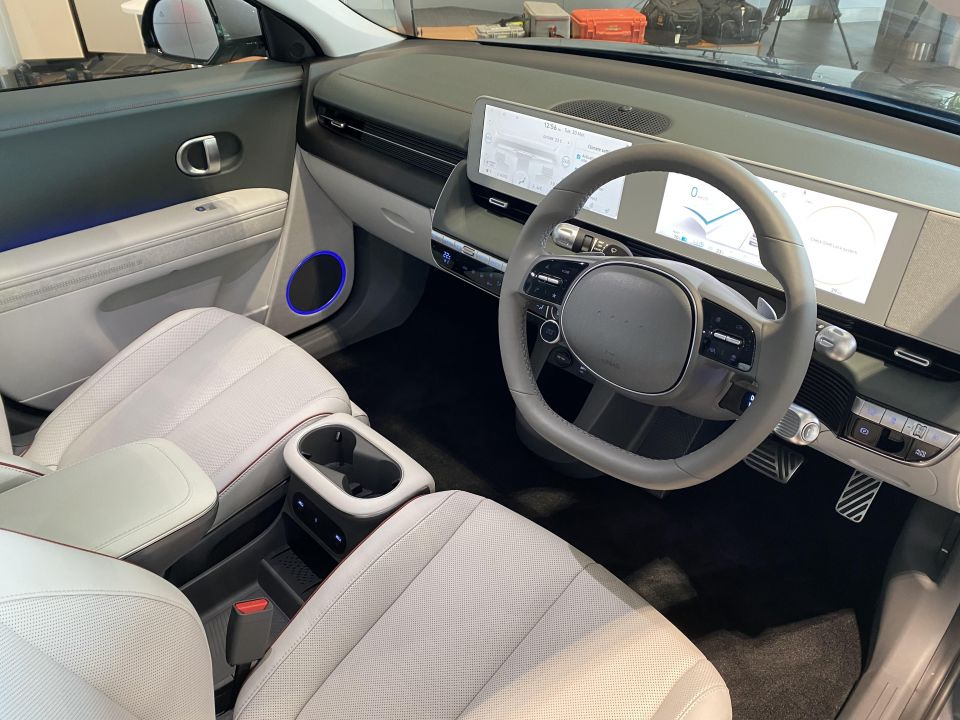
“The new direct-to-customer sales model aims to provide a fair allocation of Ioniq 5 to customers across Australia based on demand,” Hyundai Australia said this week, calling the level of interest “unprecedented”.
Prices are $71,900 to $75,900 for the long-range launch models (before on-road costs), making it the strongest competitor yet to Tesla’s all-conquering Model 3.
While it would never say as much, the direct-to-buyer mode removes the possibility of certain dealers marking up the price to capitalise on the supply/demand situation.
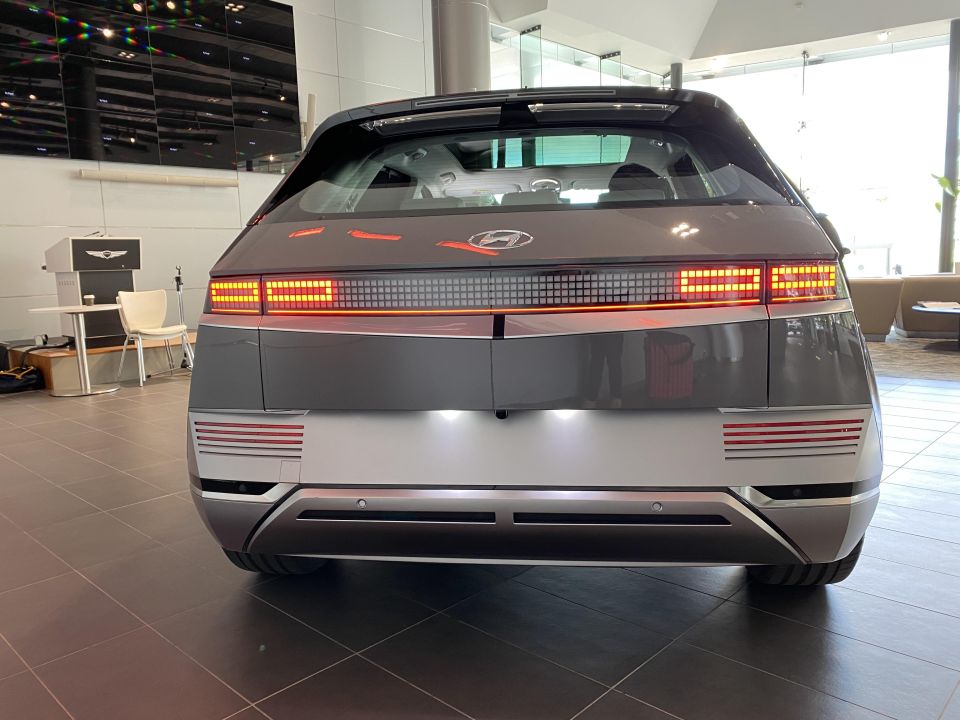
We’ve seen enough $40,000 Suzuki Jimnys and $160,000 Toyota LandCruiser 200 Series’ to know how this can occur.
More generally, the relationships between car companies and dealers are at a critical inflection point.
Car manufacturers are beginning to explore non-traditional sales channels to either replace or supplement conventional dealer franchisees, which has caused concern among this sector around its longer-term future.
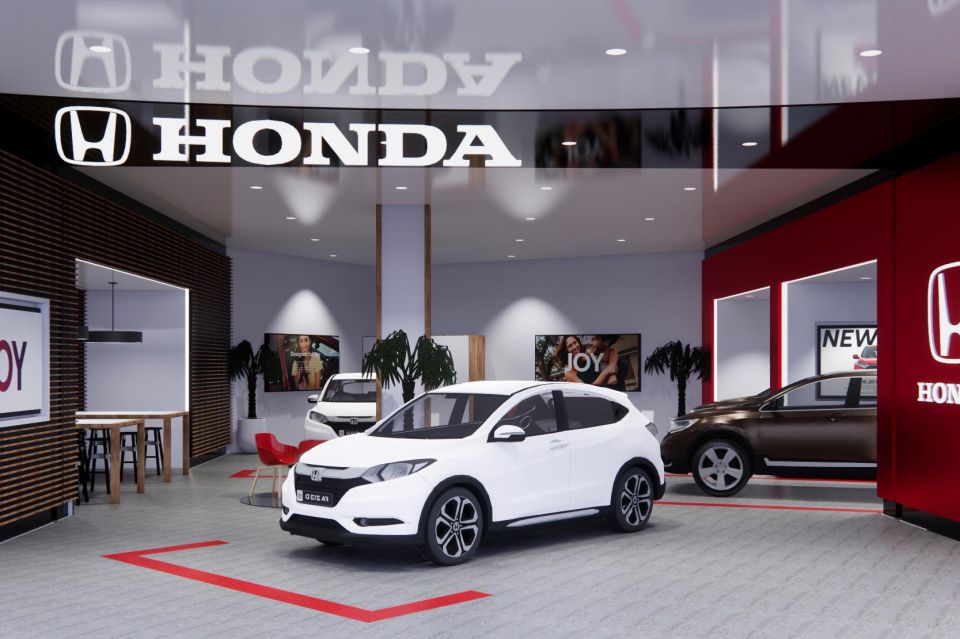
These new methods include direct-to-consumer models as per Hyundai’s own Genesis brand, Tesla and Cupra; or the Honda and Mercedes-style agency model in which brands no longer wholesale stock to independent dealers but rather use them as fixed-price handover agents.
There’s some real argy bargy going on behind the scenes between dealer representatives like the AADA and car brands as represented by the FCAI.
On August 10 the federal government even signalled interest in setting up a standalone code of conduct for car dealer franchisees, and creating the means for mandatory binding arbitration to settle fights between car brands and dealers.
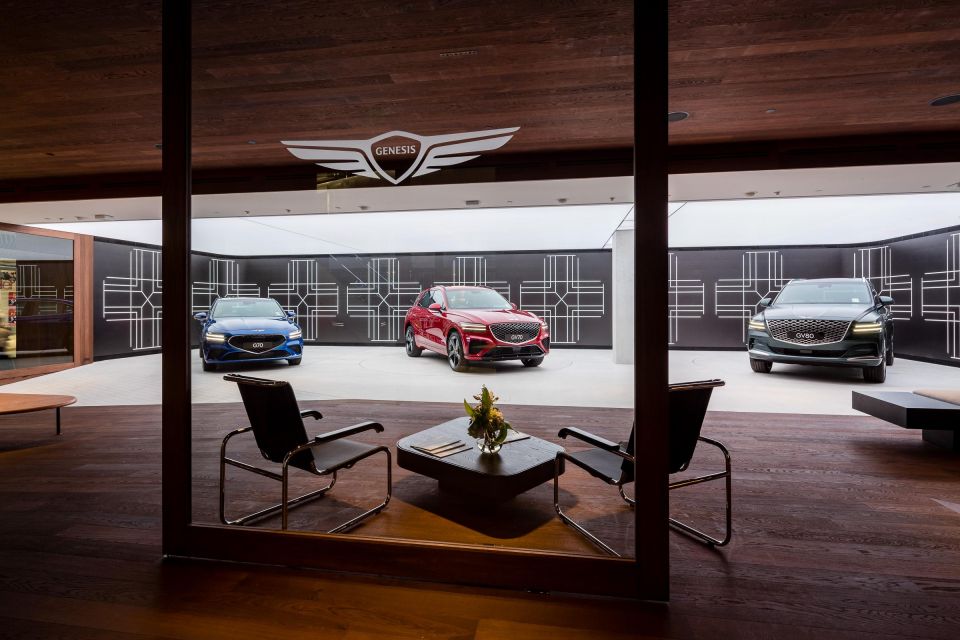
The Morrison Government says its aim is “to protect Australia’s family-owned automotive businesses and their employees from the growing power imbalance with multi-national car companies”, rather than enforcing particular methods.
The context is defined by GM Holden’s messy exit from the Australian market and the fallout rained onto its locally-owned independent dealers, which in turn led to a Senate Inquiry and a widening of the net to toughen up the rules.
The Federal Chamber of Automotive Industries, lobby group for Australia’s car brands, this week launched a broadside over it.
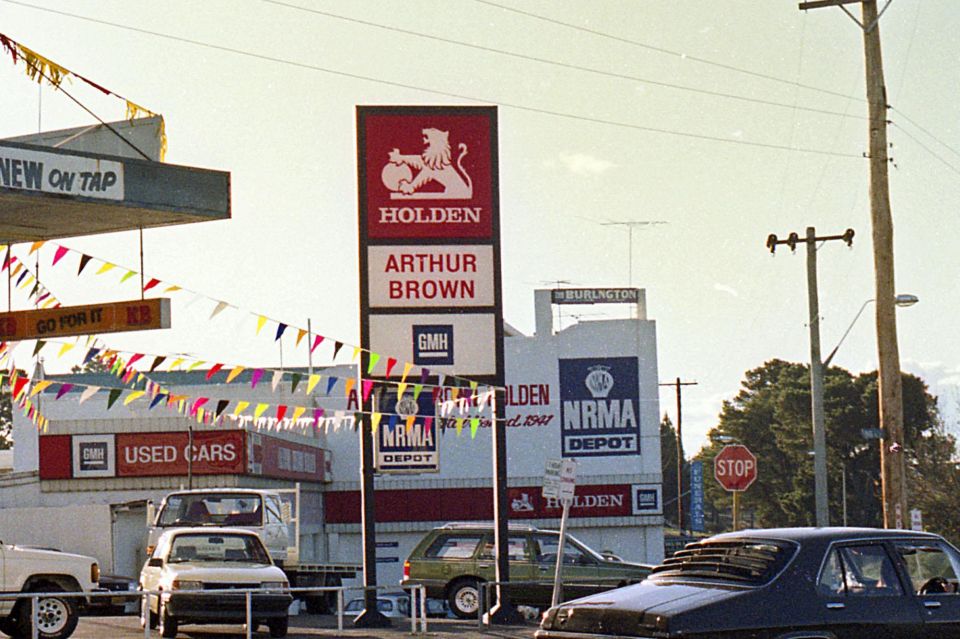
Chief executive Tony Weber said a stand-alone code with specific protections for car dealers erred towards over-regulation, stifling retail innovation, and entrenching one sales model over others.
Hyundai is a top-five player in Australia, so clearly any move in a direction away from a dealer franchise will be cause for interest.
\MORE: Government accused of prioritising dealers over consumers MORE: Dealers the winners in new Federal franchise code MORE: Q&A with Tony Weber, CEO of the FCAI MORE: Q&A with James Voortman, CEO of the AADA
Where expert car reviews meet expert car buying – CarExpert gives you trusted advice, personalised service and real savings on your next new car.


Max Davies
5 Days Ago
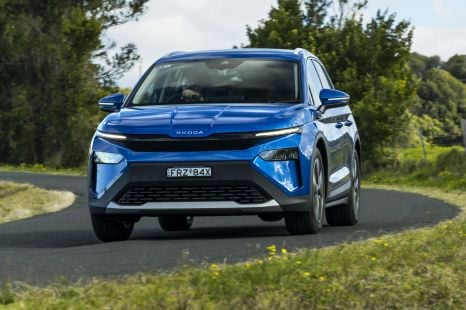

Josh Nevett
3 Days Ago
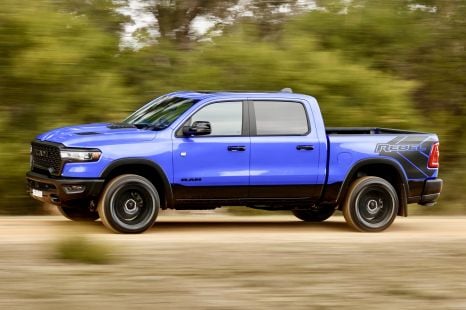

Max Davies
3 Days Ago
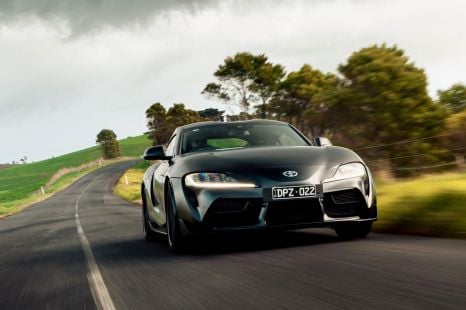

Max Davies
2 Days Ago
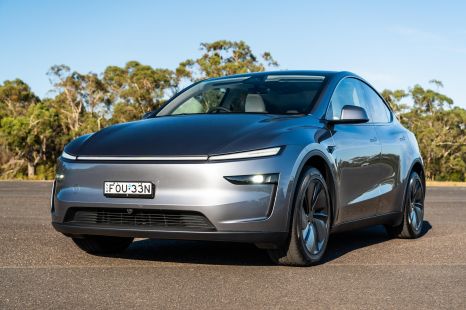
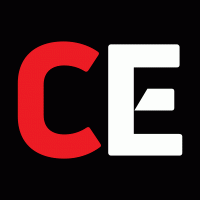
CarExpert.com.au
2 Days Ago
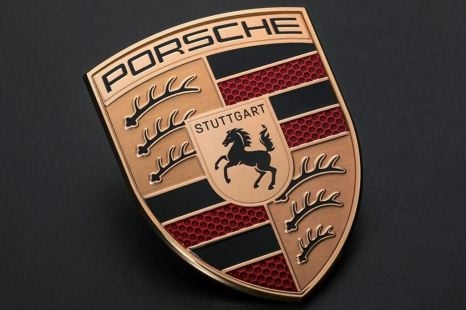

Damion Smy
2 Days Ago